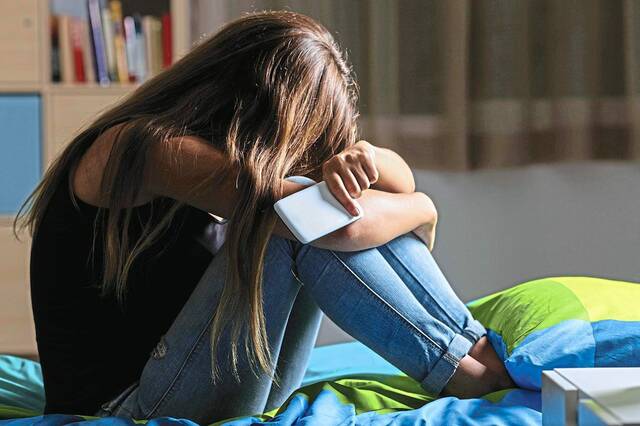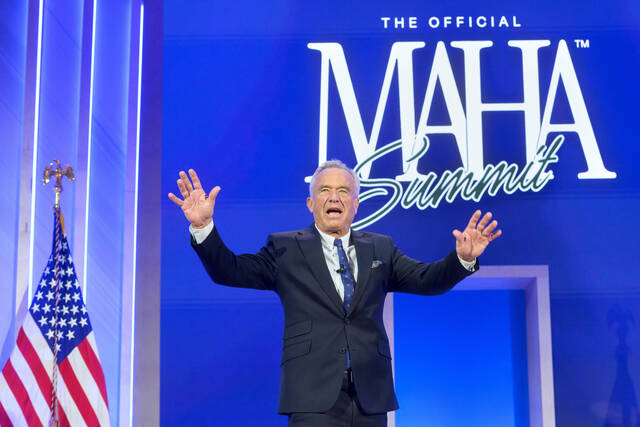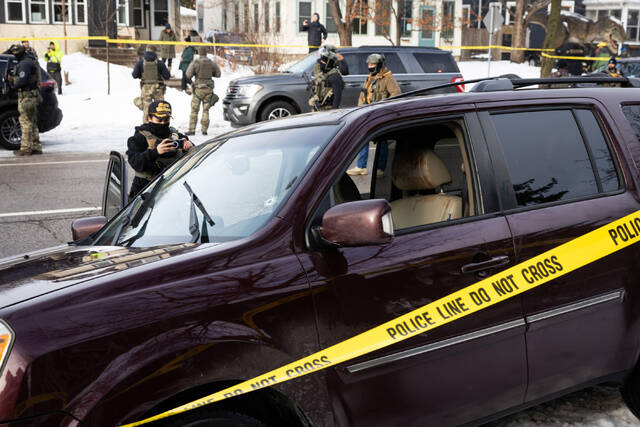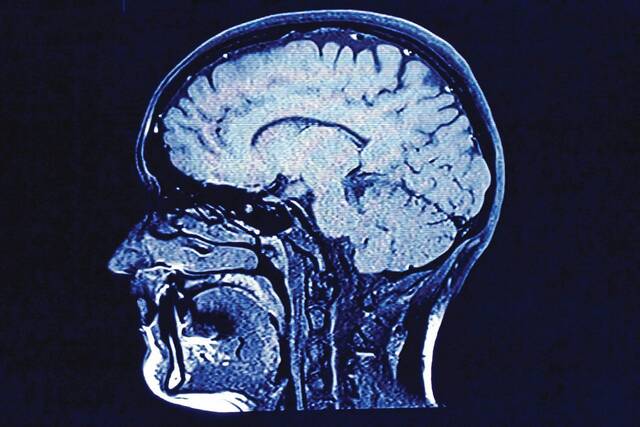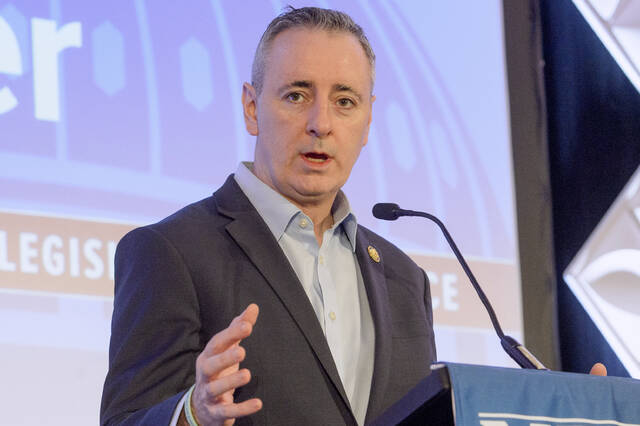Kids are resilient.
When I was 9 years old, I was walking home from my Catholic school when several boys popped up from behind a car in the church parking lot and started pelting me with gravel while they called me a pig and made oinking sounds. A mom dragged the boys into the school and took me, crying, into the office.
The principal — a nun who was perpetually frustrated by the way my knee socks slouched — sent the boys on their way without a word. She told me if I didn’t want people to throw rocks at me, I wouldn’t be fat.
Kids are too soft these days.
When I was 13, a boy in my eighth grade social studies class amused himself and his friends by acting like my footsteps caused earthquakes. The teachers had a silent agreement that when I blew up at him, they wouldn’t see anything. I guess this seemed fair since they did nothing to stop him either.
Kids need to toughen up.
When I was 15, I heard someone yell “fat (expletive)” right before the brick hit me in the back of the head across the street from Washington High School. I was bleeding when I went to the office for help. The secretary sent me to the restroom to clean up but said there was really nothing else to do.
• • •
Bullying is the kind of thing everyone knows happens. It is explained away with shrugged shoulders.
Kids will be kids.
He probably only teases her because he has a crush.
Girls can be mean. It’s just human nature.
In reality, there’s nothing more animalistic. It’s pack behavior. It sharpens the predatory teeth of kids on the most tender areas of others.
We should not be surprised by research that shows bullies are more likely to be criminal offenders later in life. Abusive patterns continuing as adults with domestic partners or kids are also not shocking. Bullying is a power dynamic meant to push someone else down to lift the bully up. That isn’t going to stop because you leave middle school.
But when we talk about the effects on the bullied now, it is sometimes with fear. There are assumptions that a school shooter is mentally ill and acting out against bullies — a narrative that gained traction after the Columbine shooting in 1999.
That is simplistic, but let’s pretend for a moment that it’s not. If this is the one area where we actually believe that bullying leads to serious consequences, why don’t we take the bullying seriously?
School districts will say they do. There are no-tolerance policies. There are posters telling kids to report incidents. The Pennsylvania Safe2Say Something program provides ways to make anonymous tips. Does it help? Or, as one study suggested, does it give bullies cover to find new ways to exert their pressure that aren’t in the handbooks?
One of those is cyberbullying, which can take bullying from one classroom to exponentially growing circles of “friends.”
As a grown-up bullied kid, I can say that what I needed was not a poster in the hallway. I needed adults who knew what was happening — and they absolutely knew what was happening — to do the right thing. Stop the kids who were abusive. I needed their superiors to support that action and not toe the “kids will be kids” line. And more than anything, I needed the parents of bullies to recognize what was happening and have the no-tolerance policy.
If my son was a bully, I would be mortified. I would be crushed by what I saw as my failure — both of him as a mother and of bullied kids everywhere. And I would not just allow him to be punished. I would demand it.
There is nothing better we can do for our children and our communities than to make bullying the kind of behavior no one would dismiss as kid stuff.


